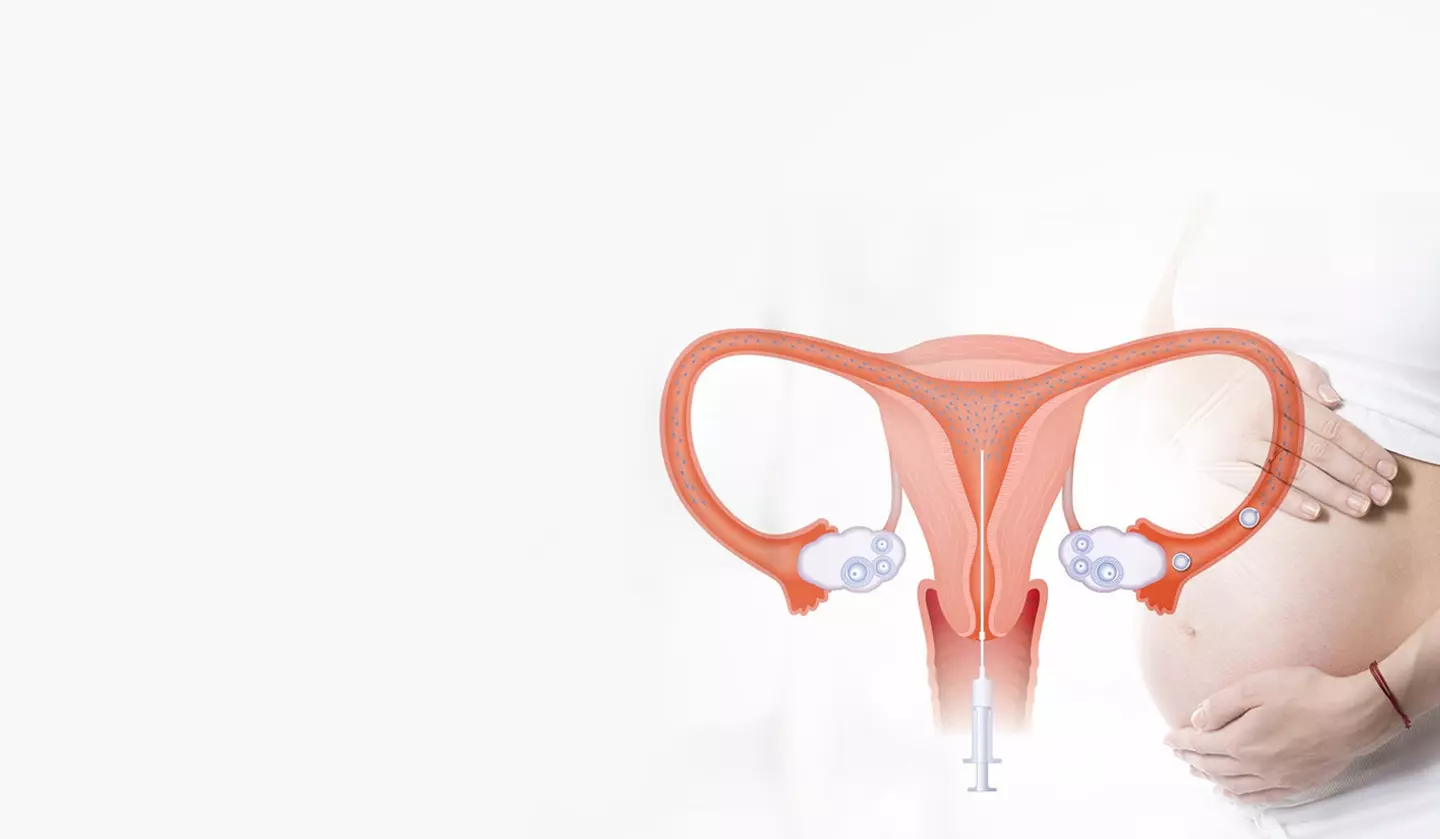Fertility concerns can be a challenging path for many individuals and couples hoping to grow their families. Exploring treatment options is a fundamental step. Among these choices, intrauterine insemination (IUI) may be a viable solution for certain fertility challenges.
What Is Intrauterine Insemination?
IUI, sometimes referred to as artificial insemination, is a fertility treatment that involves placing washed sperm directly into the uterus during a woman’s ovulation period. The goal is to help sperm reach the fallopian tubes more efficiently, increasing the chances of successful fertilization. Unlike IVF, which requires egg retrieval and fertilization outside the body, IUI allows for a more natural conception process by enhancing the sperm’s ability to meet the egg in the reproductive tract.
Who Benefits From This Treatment?
IUI may be an effective option for individuals or couples facing specific fertility challenges. Each individual’s situation is unique. Some common factors that make IUI a suitable choice include:
- Mild Male Factor Infertility: IUI can be utilized when sperm quality issues, such as low motility or a lower-than-average sperm count, are present. The sperm-washing process used for IUI can help isolate the healthiest sperm, improving the chances of reaching the egg.
- Unexplained Infertility: For individuals or couples experiencing infertility without a clear medical cause, IUI may be one of the initial treatments recommended before exploring more complex procedures like IVF.
- Cervical Mucus Issues: If cervical mucus is too thick or poses a barrier to sperm mobility, IUI bypasses this challenge by depositing sperm directly into the uterus.
- Ovulation Disorders: For women who have ovulation irregularities, IUI can be combined with ovulation-inducing medications to improve the likelihood of conception.
- Same-Sex Couples or Single Parenthood: IUI is a common choice for single women and same-sex couples who use donor sperm when trying to conceive.
It is worth noting that IUI may not be the best option for everyone. Individuals with more complex fertility issues, such as significant fallopian tube blockages or advanced age-related infertility, may require higher-level interventions like IVF.
What Does the Procedure Involve?
The IUI process typically includes several steps, which are overseen by a fertility specialist. The IUI procedure is timed to coincide with ovulation, maximizing the chances of fertilization. For women using ovulation-inducing medications, this monitoring makes sure that the procedure is conducted at the most optimal time.
Sperm Collection and Preparation
For IUI, sperm is either provided by a partner on the day of the procedure or thawed from a pre-approved donor sample. The sperm sample undergoes a process called “washing,” where motile and healthy sperm are separated from other components. This selects the highest quality sample for insemination.
Performing the Procedure
The insemination itself is a quick and relatively simple process that does not usually require anesthesia. A doctor or fertility specialist will use a thin, flexible catheter to place the prepared sperm directly into the uterus. Patients may return to daily activities shortly after.
Waiting for Results
Following the procedure, a waiting period of about two weeks allows time for potential fertilization and implantation. At the end of this period, a pregnancy test is conducted to determine whether the IUI has been successful. IUI is often completed without significant discomfort.
Ask a Fertility Specialist About Treatment
If you’re facing fertility challenges, understanding your options is key to finding the right path forward. IUI is just one of many available treatments that may provide the support you need in your family-building journey. Discussing your specific needs with a fertility specialist is the best way to identify the most suitable treatment for your unique situation.

